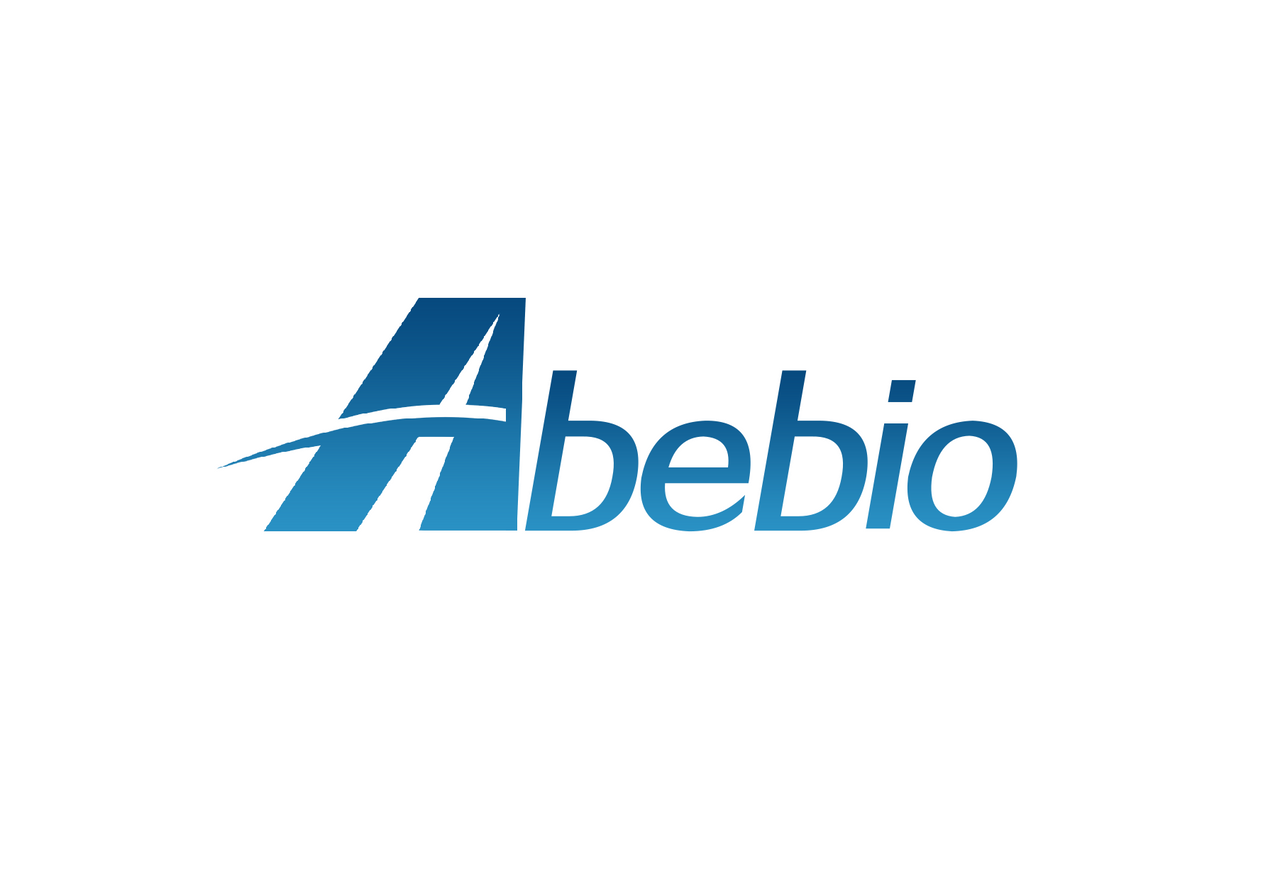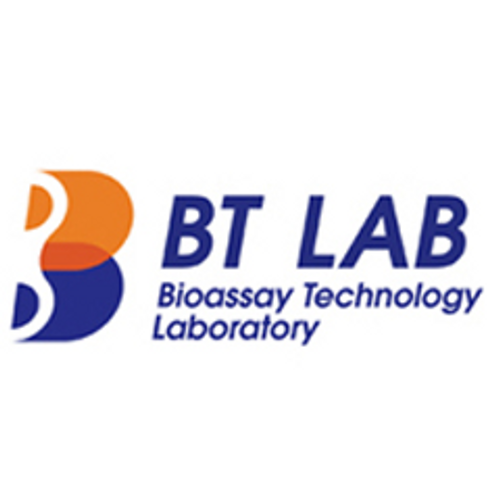Product Description
Human Anti-insulin receptor antibody (AIRA) ELISA Kit | AE62330HU | Abebio
Species Reactivity: Human (Homo sapiens)
Abbreviation: AIRA
Alternative Name: N/A
Application: ELISA
Range: 3.12-200 ng/mL
Sensitivity: 1.37 ng/mL
Intra-Assay: ≤5.9%
Inter-Assay: ≤9.3%
Recovery: 1, 08
Sample Type: Serum, Plasma, Other biological fluids
Detection Method: Competitive ELISA
Analysis Method : Qualitative
Test Principale: This assay employs the competitive enzyme immunoassay technique. The microtiter plate provided in this kit has been pre-coated with an antibody specific to AIRA. Standards or samples are then added to the appropriate microtiter plate wells with a Horseradish Peroxidase (HRP) -conjugated AIRA and incubated. The competitive inhibition reaction is launched between with HRP labeled AIRA and unlabeled AIRA with the antibody. A substrate solution is added to the wells and the color develops in opposite to the amount of AIRA in the sample. The color development is stopped and the intensity of the color is measured.
Product Overview: In molecular biology, the insulin receptor is a transmembrane receptor that is activated by insulin. It belongs to the large class of tyrosine kinase receptors. Two alpha subunits and two beta subunits make up the insulin receptor. The beta subunits pass through the cellular membrane and are linked by disulfide bonds. The alpha and beta subunits are encoded by a single gene (INSR) . The insulin receptor has also recently been designated CD220 .The main activity of activation of the insulin receptor is inducing glucose uptake. For this reason "insulin insensitivity", or a decrease in insulin receptor signaling, leads to diabetes mellitus type 2 - the cells are unable to take up glucose, and the result is hyperglycemia (an increase in circulating glucose), and all the sequelae which result from diabetes.
Stability: The stability of ELISA kit is determined by the loss rate of activity. The loss rate of this kit is less than 5% within the expiration date under appropriate storage condition. The loss rate was determined by accelerated thermal degradation test. Keep the kit at 37°C for 4 and 7 days, and compare O.D.values of the kit kept at 37°C with that of at recommended temperature. (referring from China Biological Products Standard, which was calculated by the Arrhenius equation. For ELISA kit, 4 days storage at 37°C can be considered as 6 months at 2 - 8°C, which means 7 days at 37°C equaling 12 months at 2 - 8°C) .
 Euro
Euro
 USD
USD
 British Pound
British Pound
 NULL
NULL








